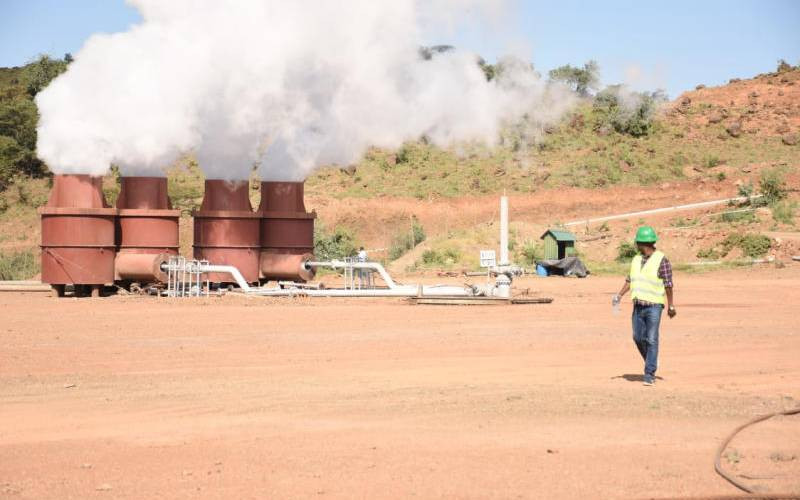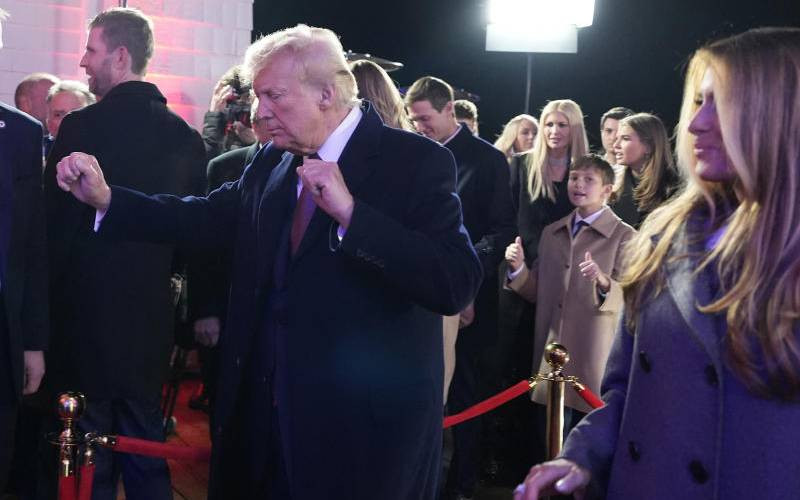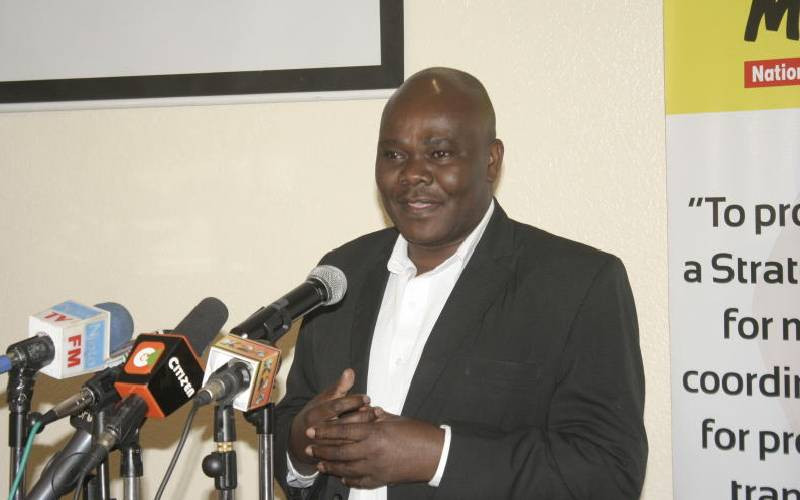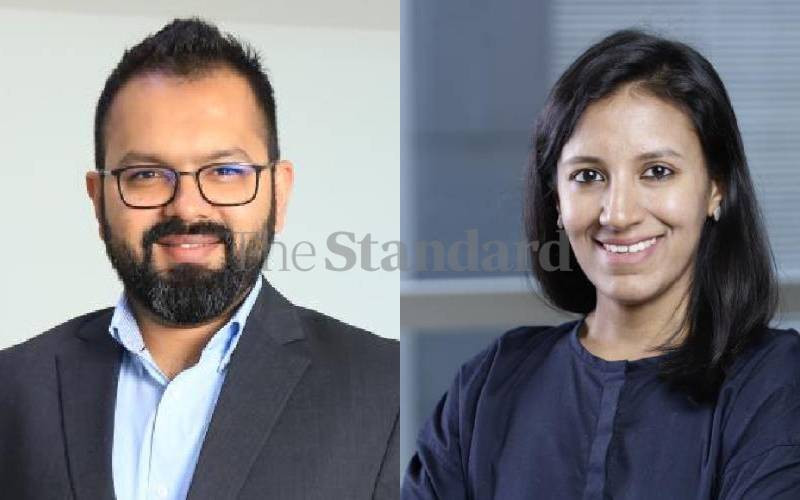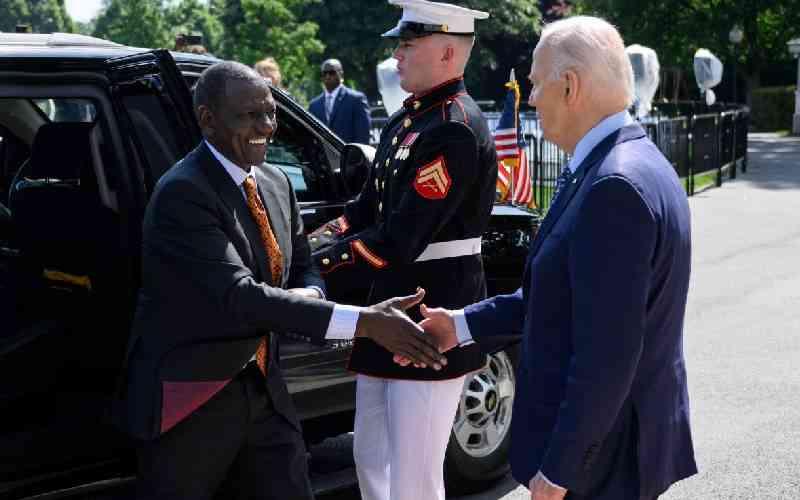
As the year begins, philanthropic organisations and individuals are strategising on where and why they will allocate their funds for the year 2024.
This is usually done per their values, interests, areas of specialisation, and the needs of the communities they serve.
A friend recently wrote on his online profile page that 'maybe the reason Jesus refused anyone he healed to be his disciple is that indebtedness is the worst kind of sycophancy'.
I cannot help but see a lot of similarities between his statement and what we are discussing today. Donors will always remain welcome visitors in the world of philanthropy. Indeed, we cannot downplay their role in Kenya's community-driven projects.
This multicultural mix of pensioners, foreign nationals, and well-wishers actively supports the goals of numerous foundations all over the country. They have consistently directed their contributions towards deserving causes through cash or in-kind donations.
They are a welcome part of the growth of our country's economy. As the popular Swahili proverb goes, "mgeni njoo, mwenyeji apone (let the guest come so that the host may benefit.)"
Africans are renowned for their hospitality, but the guest and host must adhere to the set boundaries to have meaningful interaction. It is therefore imperative that foreign donors familiarize themselves with the legal structures that govern their actions as they choose which organizations and causes they will support.
There should be a clear separation between operational and financial help to comply with Kenyan laws and visa requirements. This will help to promote a collaborative strategy where contributors support the cause without getting involved in day-to-day management and decision-making.
This will ensure the integrity of their operations and compliance with local regulations. The reason this formula is integrated into the legal structure governing donor participation is to ensure that there is a balance of power. Remember what my friend said about indebtedness being the worst kind of sycophancy? It is very difficult to stand up to a person who is feeding and schooling members of your community who are under your charge.
Even though they are rare, there have been incidents where organisations and individuals have used the donor badge to further their agendas, whether they be for personal or professional gain or, in the worst cases, to buy real estate.
Therefore, in interacting with potential contributors, organisations, and communities need to do due diligence. Confirm that donations are in line with their goals and come from a sincere place by checking the validity of charitable intentions and comprehending regulatory frameworks to ensure all their bases are covered.
Donors are essential in ensuring that their contributions are in line with the intended goals within the confines of the rules and regulations of the host country by understanding and adhering to legal restrictions.
The integrity of philanthropy is protected by this ethical and balanced approach, but more importantly, it highlights the beneficial effects that sincere donors can have on communities all over the world.
Contextually, this explains the phases of hospitality and how a visitor's actions might affect the bond between two people over time.
First, the host extends a cordial greeting and makes the greatest offerings. But as the days go by, how the guest behaves dictates how the connection develops. Tensions emerge when a guest becomes unpleasant or overstays; however, the bond deepens if the guest respects the hospitality.
Donors and foundations are complementary members of the philanthropic symphony, each with a vital function to perform. Donors provide the sound of encouragement, but it's important to keep in mind the balance between the founders' goals and the law. Let's make sure that our donations are a beautiful composition, honouring the governing laws and the unifying vision, as we navigate these notes of generosity. By keeping this balance, we build a permanent masterpiece of good change for the present and the future, in addition to a legacy of giving.
The writer has helped build brands for over a decade. He now focuses on impact work
 The Standard Group Plc is a multi-media organization with investments in media platforms spanning newspaper print
operations, television, radio broadcasting, digital and online services. The Standard Group is recognized as a
leading multi-media house in Kenya with a key influence in matters of national and international interest.
The Standard Group Plc is a multi-media organization with investments in media platforms spanning newspaper print
operations, television, radio broadcasting, digital and online services. The Standard Group is recognized as a
leading multi-media house in Kenya with a key influence in matters of national and international interest.

